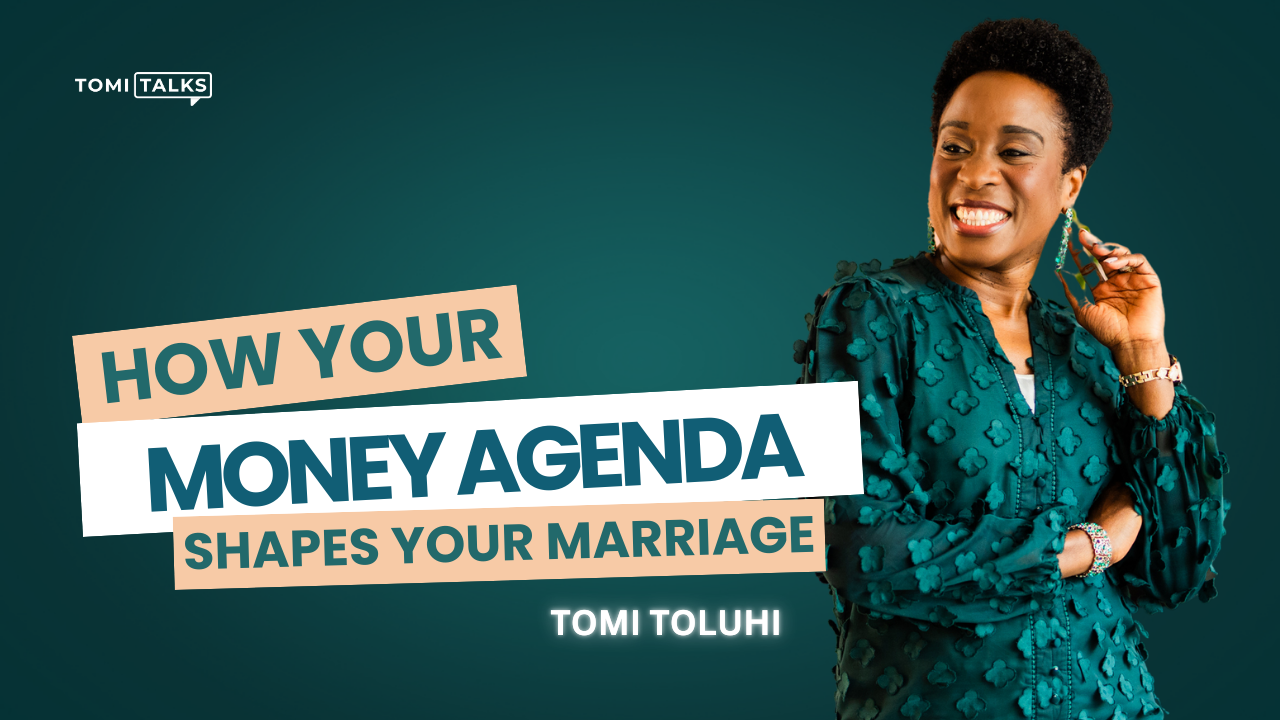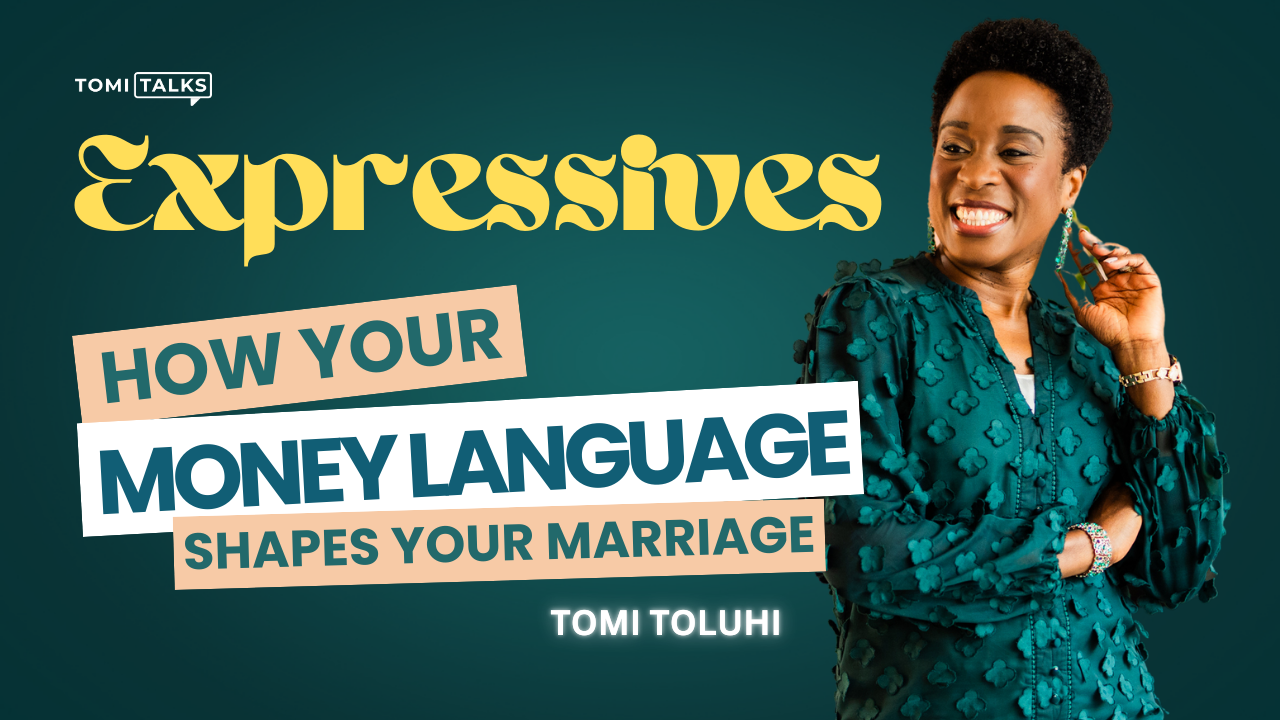Latest Media

Understanding Money Agendas is probably one of the most important insights that will equip you to build financial compatibility in your marriage. Each one of us approaches relationships and enters into marriage with a money agenda and you need to explore and understand your spouse's money agenda and harmonise it with yours to minimise conflict.







